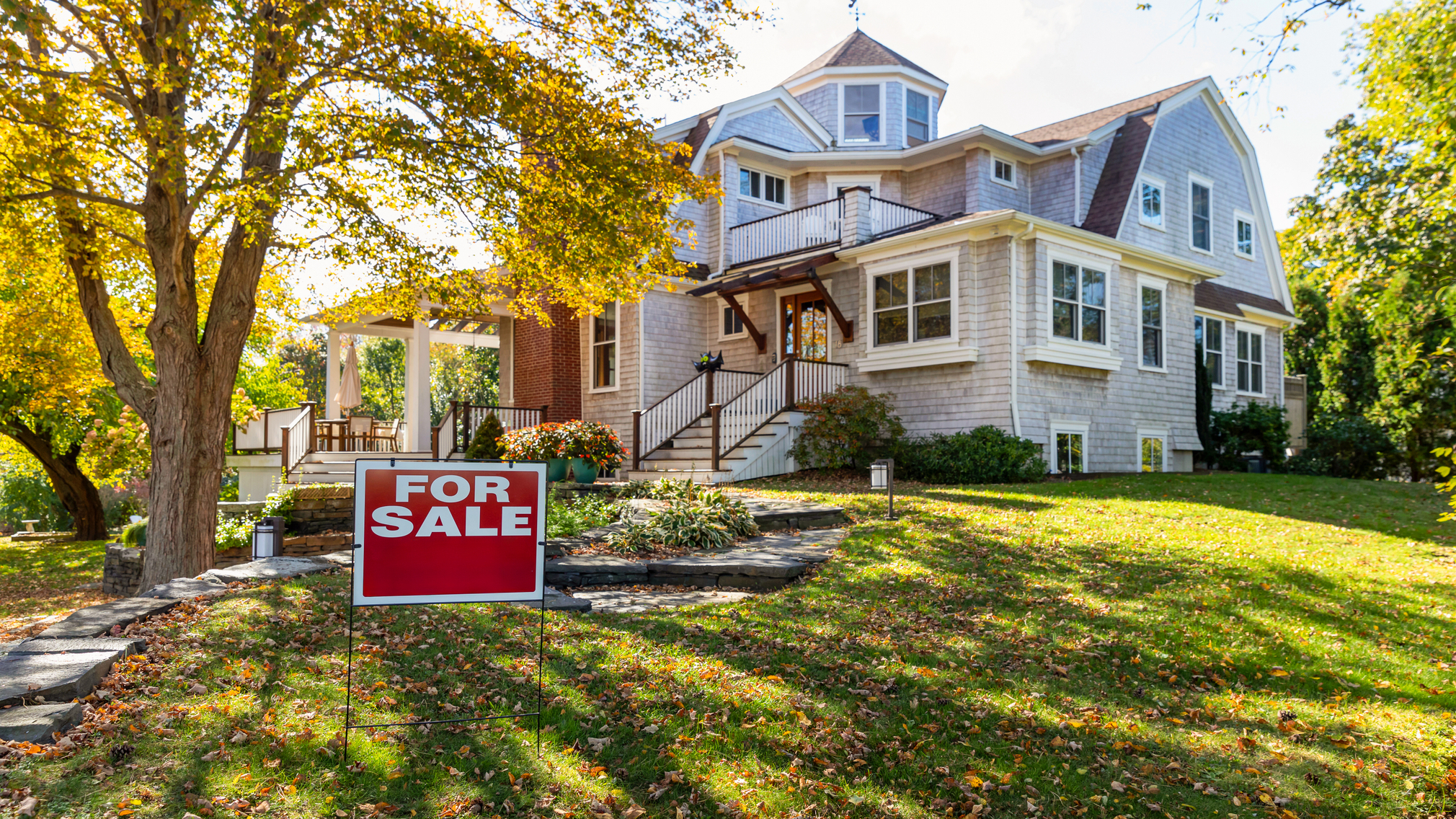Buying a Bank-Owned Property
Learn how to find bank-owned properties (REOs) and how to purchase an REO.


Written by Susan Kelleher on October 10, 2024
A bank-owned or real estate owned (REO) property is one that has reverted to the mortgage lender after the home fails to sell in a foreclosure auction.
REOs can be great deals for buyers, but there are some things you need to know before investing in one.
How to find bank-owned property
There are several ways to find bank-owned properties:
- MLS: Most lenders list their REO properties on a Multiple Listing Service (MLS), so any real estate agent can help you identify REO offerings in your area.
- Bank websites: Some banks and credit unions have an entire department set up to sell REOs, and sections of their websites are dedicated to their listings.
- Free online listings: REOs are often included in for-sale listings on real estate websites. On Zillow, you can search for REOs for free by setting your search filter under “Listing Type” to look for foreclosures.
- Paid subscription listings: A few specialty websites like RealtyTrac and HUDHomesUSA offer foreclosure listings that require a paid subscription to search.
- Fannie Mae and Freddie Mac: These federally-backed enterprises buy loans from lenders. When those loans go into foreclosure and don’t sell at auction, the properties are listed for sale online at Freddie Mac’s HomeSteps and Fannie Mae’s HomePath.
How to buy a bank-owned property
Get pre-approved for financing
Get pre-approved by the lender that owns the property. If your credit is good, you may find your bank is willing to loan the full price of the foreclosure — maybe more if extensive repairs are needed. Some lenders may require a down payment if the foreclosure is going to be used as a rental. You may also find you need to turn to a private lender to finance your REO property purchase.
Understand that a significantly damaged home may limit your financing options. VA loans, for example, can be more difficult to obtain if the property isn't in move-in condition.
If the property you're considering is in good condition, the fact that it's an REO shouldn't make it more difficult to qualify for a loan. Similarly, an REO property in decent shape should not be subject to a higher mortgage rate.
Research nearby homes and set a budget
Do your homework before making any offers. Make certain your offer price is comparable to the recent sale prices of similar homes in the neighborhood. Be sure you factor in the costs of renovation.
An experienced agent can help you determine whether the home represents a deal or a dud, and craft an offer based on comparable properties and the amount of work it will take to fix any issues so you can stay within your budget.
Make an offer, and be prepared to negotiate
Bidding on an REO isn't quite like making an offer on a privately-owned home, where owners generally respond quickly.
It's typical for an REO offer to be reviewed by several individuals and companies, which means it can take weeks to get a response. Banks must demonstrate to shareholders and investors that they worked hard to get the best price for the property, so it's likely your offer will be met with a counter offer. If the lender isn't willing to negotiate on price, ask for a lower interest rate or a reduction in closing costs. Some lenders also may require the home to be marketed for a specific length of time before accepting an offer.
Even after an agreement is reached, the bank may make its acceptance contingent upon corporate approval within five to 10 days.
Get an appraisal and inspection
Be aware that REO properties are not automatically bargains. Banks are in business to make money, so they price their homes competitively. Some REOs are discounted because of severe damage or location, while others may not sell for much of a discount at all. Get an independent appraisal to determine a home's true market value.
Additionally, understand that REOs — some of which have been vacant for months or even years — generally are sold “as-is” with no warranties of any sort. Hire a professional to inspect the home before committing to purchase.
Perform a title search
Banks generally clear the title before listing a home — but never assume this is the case. Search public records for liens and outstanding taxes, then hire a title company to run a full, insured title search before closing the deal.
Pros and cons of buying a bank-owned property
Some buyers see an upside in REOs, because they believe they can get a good deal on a home. Getting an REO at a discount, however, is not guaranteed. Here are some pros and cons of bank-owned homes.
Pro
- Streamlined negotiations – You’ll be dealing with the lender who owns it, and there is usually not a lot of back and forth
- Possibly less competition – Traditional buyers might tend to steer away from homes that have been vacant for a while or that have fallen into disrepair
- Can tour the property – With REOs, the foreclosure has already occurred so the home should be available to tour
- Likely to be unencumbered – The lender is likely to have resolved liens and other legal debts attached to the property
- Process mirrors non-REO purchase – Appraisals and title insurance are still recommended, as is finding comparable homes for price comparisons
Cons
- Sold “as-is” – What you see is what you get.
- Multiple loans – If the previous owner took out multiple loans from different lenders, you may have delays or complications as each lender seeks to recoup their investment.
- Damages – Foreclosures are often fraught situations, and sometimes the home is intentionally damaged or fixtures are removed that you’ll have to replace
- Vacant home issues – A home that’s been sitting vacant for a while could have squatters, pests and other issues.
As you can see, REOs can pose additional challenges. They also have potential upsides, especially when it comes to price, so if you’re willing to take on additional investigation and delay, it might be worth considering an REO.
How much home can you afford?
At Zillow Home Loans, we can pre-qualify you in as little as 5 minutes, with no impact to your credit score.
Zillow Home Loans, NMLS # 10287. Equal Housing Lender
Get pre-qualifiedHow much home can you afford?
See what's in reach with low down payment options, no hidden fees and step-by-step guidance from us at
Zillow Home Loans.
Zillow Home Loans, NMLS # 10287. Equal Housing Lender
Calculate your BuyAbility℠
Related Articles
Get a mortgage with Zillow Home Loans
Go from dreaming to owning with low down payment options, competitive rates and no hidden fees. A dedicated loan officer will guide you until you have your keys in hand.

Zillow Home Loans, NMLS #10287. Equal Housing Lender.


